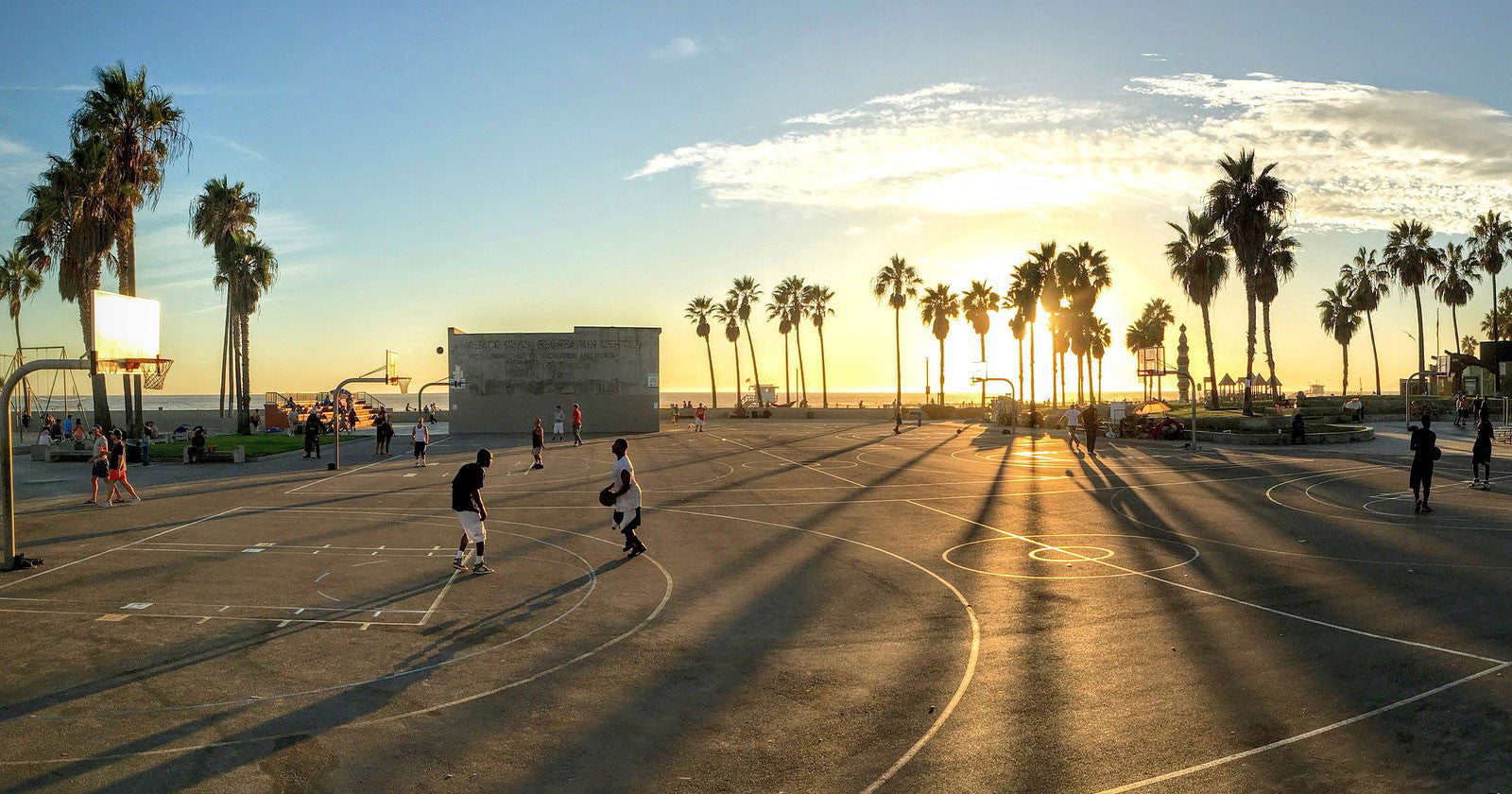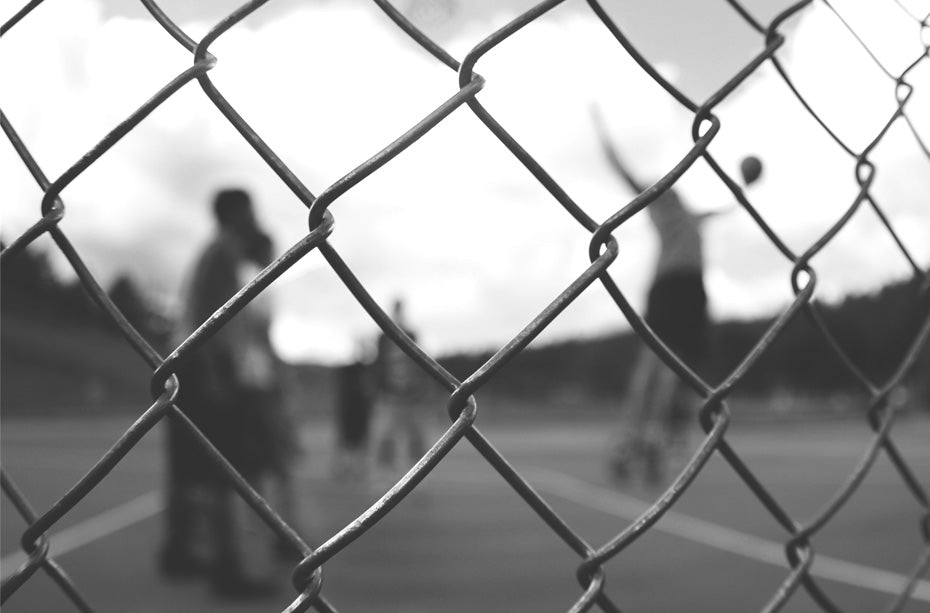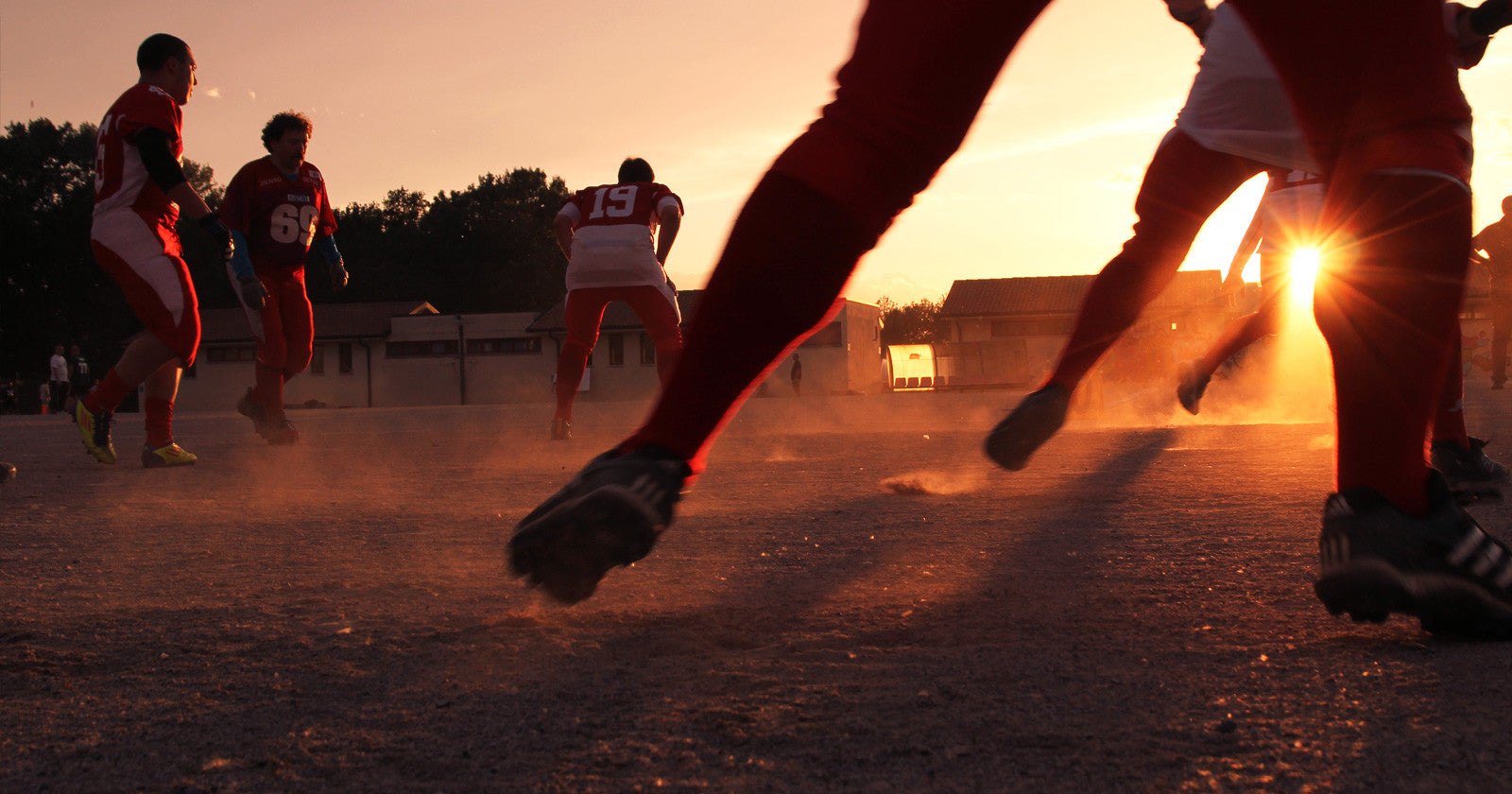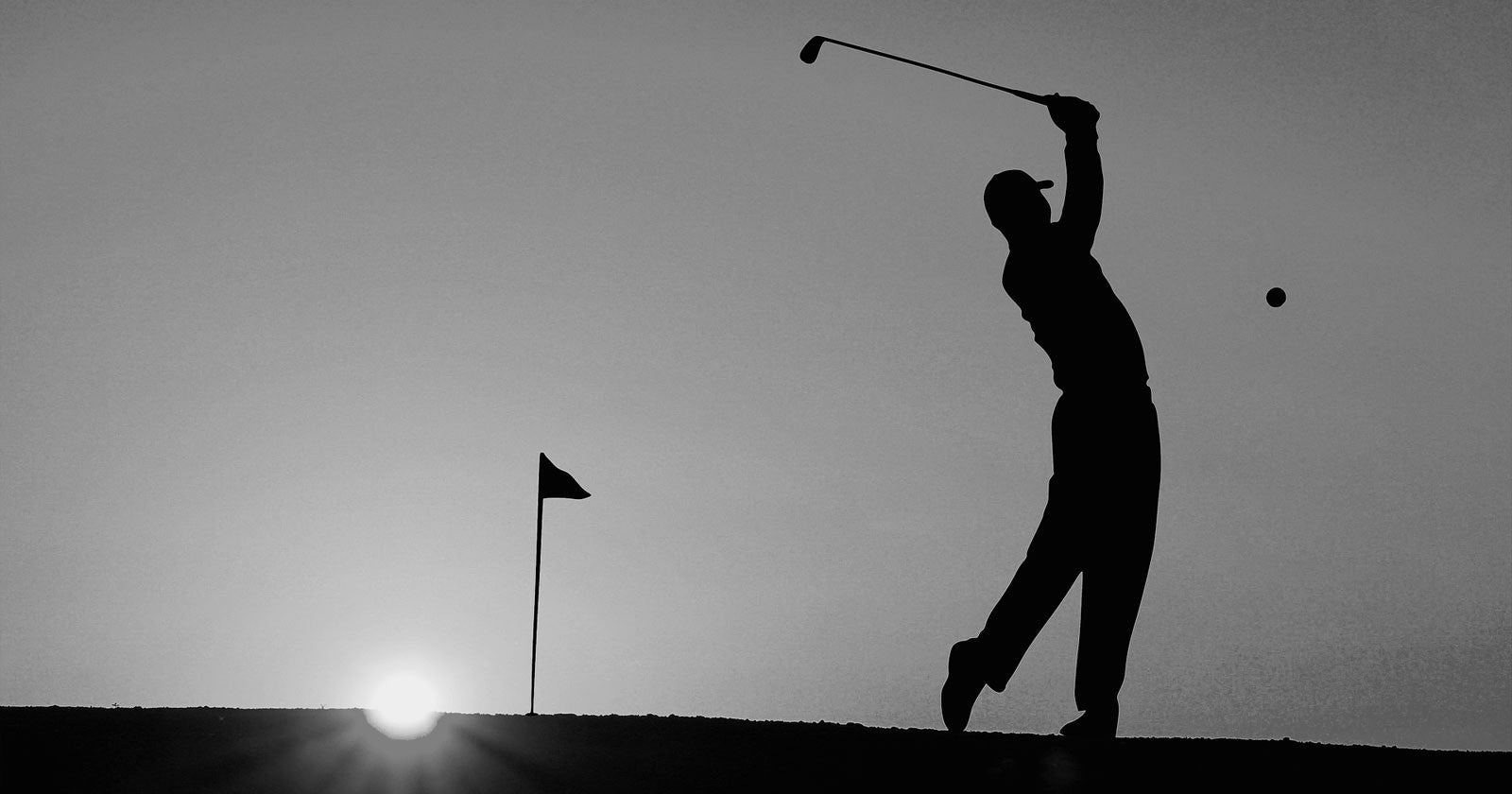My Top Tip for Better Performance: Stay Cool

Performing at the highest peak is the most important thing on any athlete’s mind.
We at Mission take a similar pride in spreading awareness about the effects of heat on sports performance, thermoregulation and staying cool while competing in sports. To help spread that awareness, we reached out to Cole Etten, currently a high school head basketball coach in New Hampshire, and asked him his thoughts about hydration, heat exhaustion symptoms and how he teaches his players to stay safe, healthy and competitive on the court:

Mission: What sports have you played and/or coached in?
Cole Etten: When I was in high school, I played both basketball and football. Currently, I am the head coach of the boys’ basketball team at Bishop Brady High School in Concord, New Hampshire.
M: Have you ever coached or played in hot weather? Did it have a huge effect on your performance?
CE: Yes, I have both coached and played in hot weather. The two biggest things that the hot weather seems to bring are fatigue and dehydration.
M: How did you stay cool?
CE: Being prepared with water is one of the best ways to handle hot weather. Currently, my varsity team is in a summer league in a hot gymnasium. As the coach, I bring water for all my players to the game and put it on the bench. I also explain to them the importance of drinking water before and after the games.
M: As a coach, do you have the players do anything before, during, or after a game to help keep them cool?
CE: One thing I always stress to players is to bring water during practices and games, and keep it close to the bench. During practice, players can always have access to water to stay hydrated or during timeouts players can take a quick drink of water before they go back out onto the court.
M: What do you have the players do to cool down after a really exhausting workout, for instance using cooling headwear?
CE: Stretching after a workout is a great way for athletes to cool down. Not only does it help cool down the athletes but it is also a great way for players to work on their flexibility and avoid cramps.
M: Do you have signs you know to look for if a player begins to get heat exhaustion?
CE: The biggest signs to look for are fatigue, pale skin, dizziness, or increased heart rate. Bishop Brady also has a great athletic training staff on hand. If players show signs or symptoms of heat exhaustion, it is my responsibility to let the training staff know.
M: Do you have any other comments or tips when it comes to keeping cool while playing sports?
CE: One thing that I always tell my players is to let me know if they need a sub during the game. Players need to know their limits when playing, especially if they are fatigued. I always tell my players that I will take them out for a short break and put them right back in.
Cole emphasizes staying hydrated and knowing your limits as ways to prevent any kind of heat related illness. Trust your body and listen to it when it tells you to slow down and let it rest and cool itself off. Symptoms like extreme fatigue, sweating stops, and dizziness are signs but they can be avoided by preparing your body before, during and after working out.
Knowing these symptoms and ensuring proper hydration from before the game begins until well after the game is over are essential to preforming at the high level you know you can reach.
0 comments


